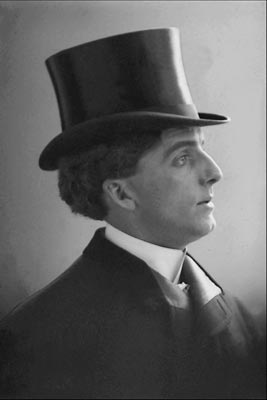
Many of the Gaming study abroad students will take Professor Asci's course on Western Christian Spirituality where they will read St. Frances de Sales (1567 - 1622) seminal work on lay spirituality and wisdom in his devotional classic Introduction to the Devout Life.
This French saint, a master of savoir-faire, practiced the art of what St. Paul called the ability "to become all things to all people," adapting himself to the different temperments and individual natures of each person.
In fact, it is said that as a University student at the University of Padua, he vowed never to avoid a conversation with anyone, no matter how unpleasant or dull a person was: "I shall never despise anyone, not altogether avoid him, the more so in that it would give the impression of being proud, haughty, severe, arrogant, critical."
Like any great classic, this book provides perennial wisdom not only for adult lay persons but also for young students, especially students who are studying abroad and representing not only themselves, but more so they are giving face to America, to Franciscan University, and to Catholicism.
Let's get some advice from this great saint:
"Nothing is ever gained by harshness."
"To be too reserved and to refuse to take part in conversation looks like alck of confidence in others and some sort of disdain."
"If people visit you of if you are called out into society for some just reason, go as one sent by God and visit your neighbor with a benevolent heart and a good intention."
"be careful never to let an indecent word leave your lips."
"It is a sort of contempt of those you associate with to frequent their company in unbecoming attire."
If it were up to me, I believe I would make St. Francis de Sales, a co-patron with St. Francis of Assisi, of Franciscan University or at least the Study Abroad program in Gaming.

